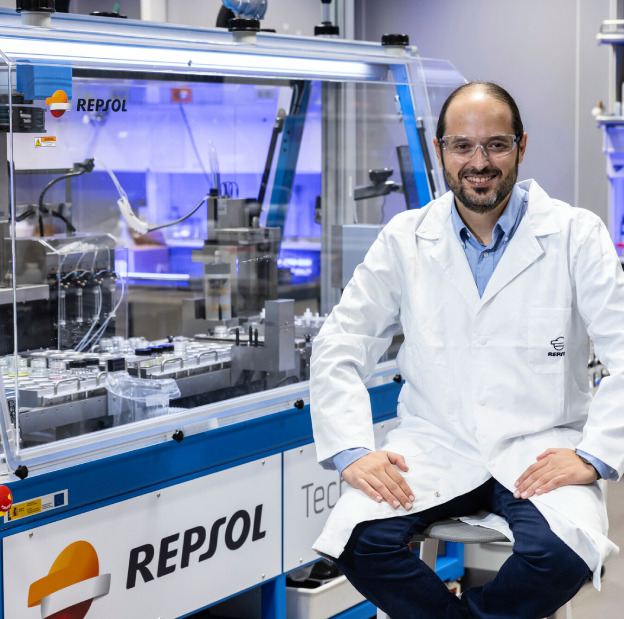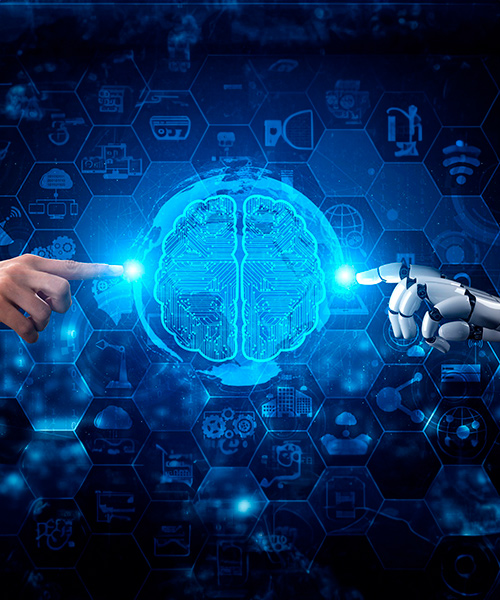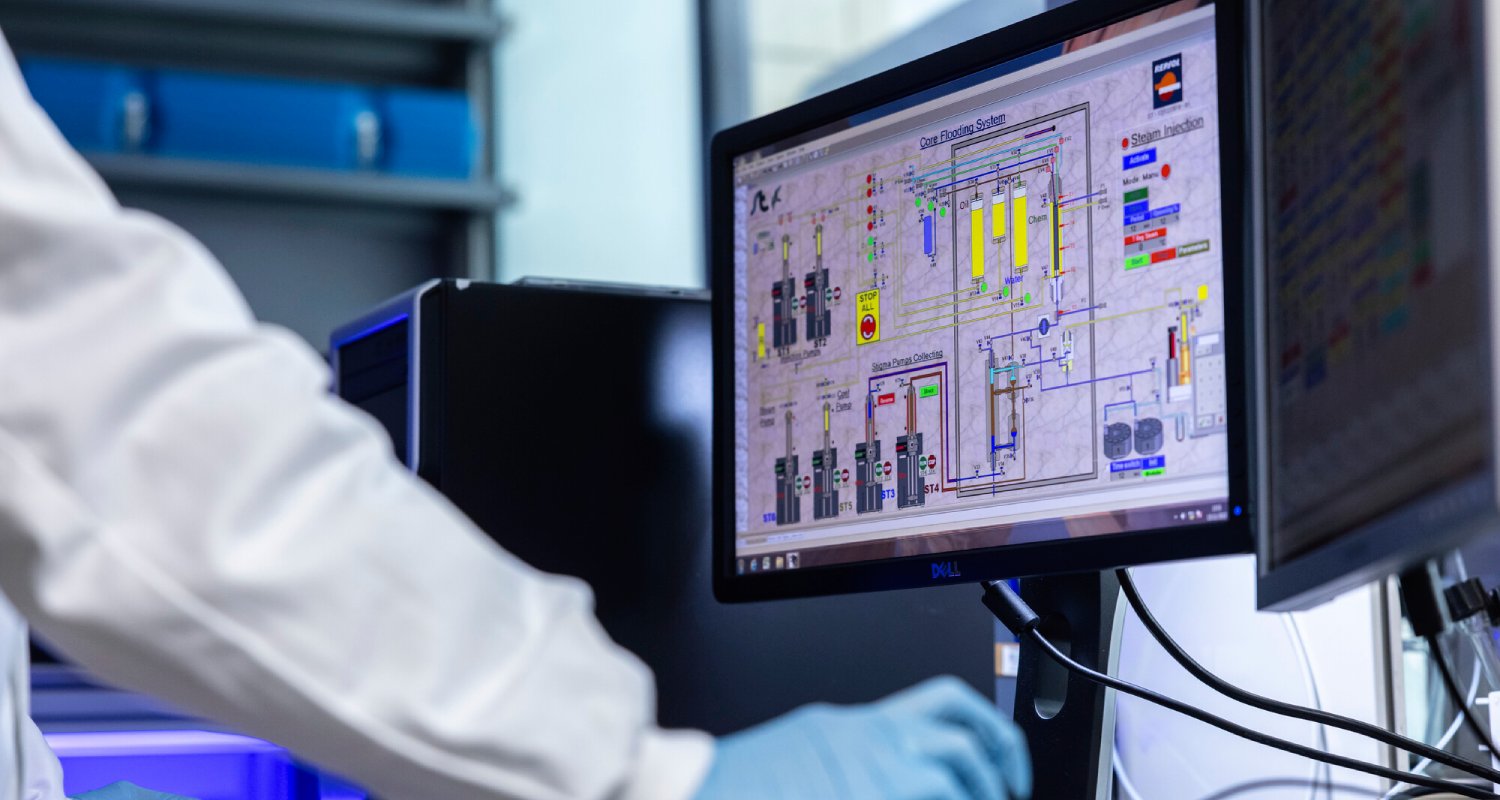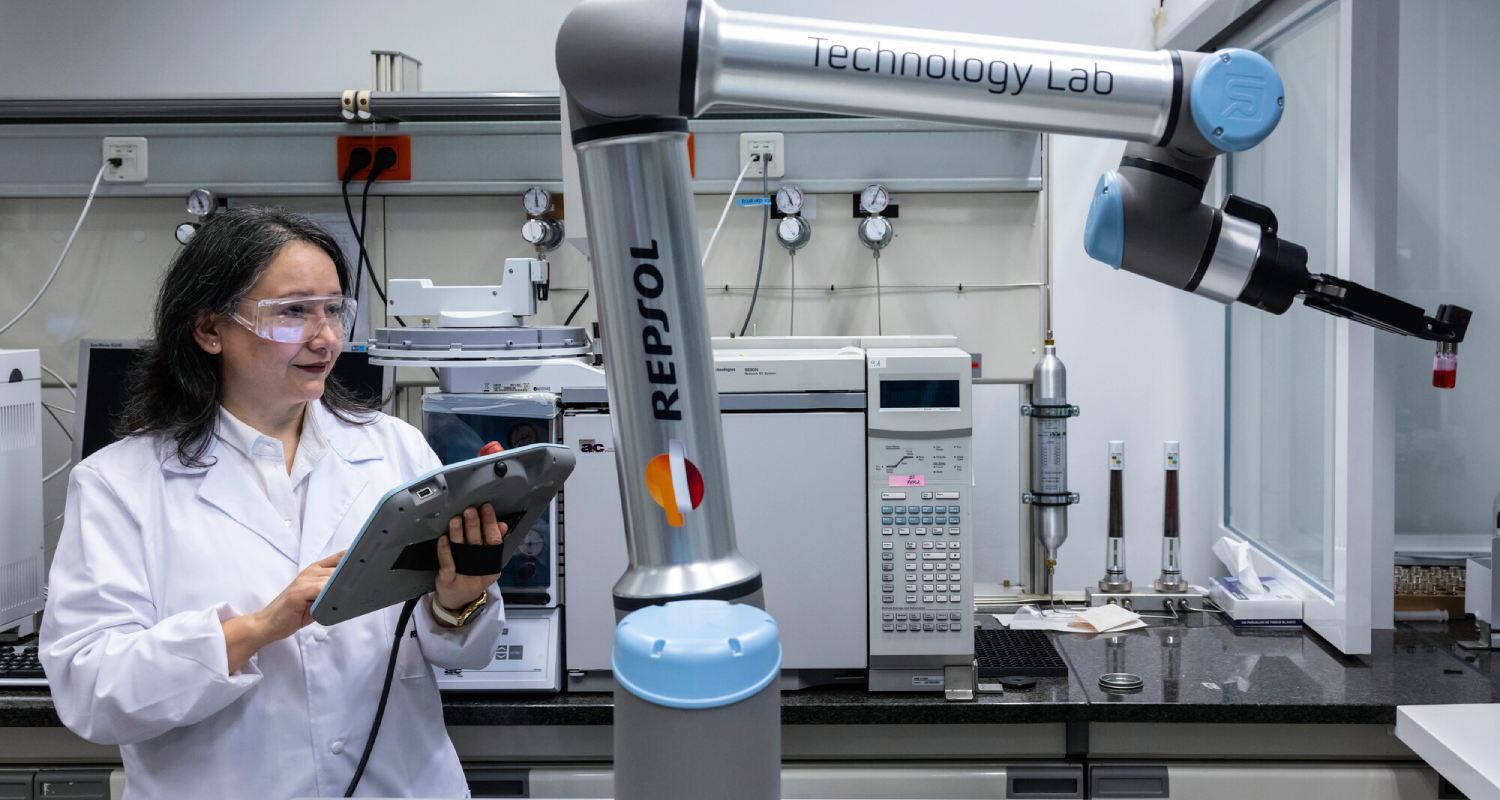
What are the challenges of Artificial Intelligence?
What are the challenges of Artificial Intelligence?
The importance of human knowledge in the use of artificial intelligence
The importance of human knowledge in the use of artificial intelligence
The European Union has become the first region in the world to pass a law on the use of artificial intelligence (AI), which focuses on the protection of fundamental rights, but without halting the development of a technology that will be essential not only for the innovation and economic progress of the continent, but also for the creation of employment.
Artificial Intelligence (IA), that skill of machines to recognize patterns and make predictions or creations based on data and learning, is one of the disciplines that will demand the most talent in this era of digitalization. Contrary to some predictions, a report by the International Labor Organization (ILO) argues that the implementation of AI in businesses and society will create more jobs than it will destroy and will break the boundaries - it is already doing so - of medicine, education, public administration, or industry.
AI models, which according to Goldman Sachs could even boost annual global GDP by 7% over a 10-year period, are starting to rapidly accelerate scientific progress. In 2022, for example, they were used to help matters as relevant and diverse as accelerating the production of renewable hydrogen, improving the effectiveness of voice assistants, or generating antibodies for new vaccines.
The new professional profiles are increasingly multidisciplinary. I work with journalists, with chemists, pharmacists, engineers, or biologists like myself. In the end, a series of very specific skills are needed to work in AI and they are not skills that will necessarily be acquired during a degree."

However, AI will require new training and skills different to current ones, like what has happened throughout history in different industrial revolution processes. Beforehand, software and hardware developers, engineers, and scientists have many of the skills required for this technology, one of the main advantages of which is that it allows routine tasks to be automated and frees up talent for other more creative functions.
But AI isn't an isolated solution, it must be integrated with other already existing technologies to be able to make the most of all its potential. For this reason, experts agree on the value of having diverse teams, made up of people from different specialties (data engineers, cloud architects, data scientists, project managers, etc.), who should have a good background in statistics and machine learning as a common feature. Its multidisciplinary nature will allow making the most of a knowledge tool in which, in addition, humanistic visions will also be fundamental and where experts in the subjects to which AI is to be applied will always be needed, in fields as relevant as medicine, education, sustainability, agriculture, or transportation.
AI-powered laboratories
AI-powered laboratories
Experts agree on the value of having diverse teams, made up of people with different views and specialities, to make the most of this tool.
From a laboratory at Repsol Technology Lab where robots and people with diverse backgrounds coexist, it is clear that the implementation of AI requires a wide range of skills. "The new professional profiles are increasingly multidisciplinary. I work with journalists, with chemists, pharmacists, engineers, or biologists like myself. In the end, a series of very specific skills are needed and they are not skills that will necessarily be acquired during a degree," explains José Miguel Seoane, who holds a degree in Biology and Environmental Sciences and who applies AI to research processes to accelerate the energy transition.
After dedicating part of his career to studying something as specific as the life of the Spanish pond turtle (Mauremys leprosa), Seoane reoriented his training towards environmental biotechnology to subsequently discover that he could apply his knowledge in microorganisms to research in the field of industry. The key was to provide his research with a more comprehensive vision, which also included criteria as far removed from science as economics or administration. "I was a super-specialized biologist, but today I consider myself a much better scientist and technician than I was when I arrived," he says in relation to the sum of knowledge he applies in the development of an autonomous laboratory where, thanks to AI and robotics, he analyzes possible uses of waste with exponentially greater efficiency.
In this laboratory, the expert knowledge of the team is enhanced with artificial intelligence to integrate and scale solutions that, for example, have allowed to notably accelerate the development of renewable fuels from organic waste such as used cooking oil or agricultural and livestock waste, which will be key to reduce CO2 emissions in all transportation sectors.
A future profession
A future profession
In Spain, Infojobs estimated in November that in 2023, jobs related to Artificial Intelligence had increased by 20%, with 2,800 offers related to this technology. "Artificial intelligence is favoring the appearance of new professions linked to these technologies and promoting new labor opportunities in different sectors," the study service of this job portal points out.
And the forecasts for the coming years continue in the same vein. According to the study "Diagnosis of talent in Data and Artificial Intelligence" prepared by IndesIA, an association made up of 9 major companies that intends to position Spain as a reference in the use of data and artificial intelligence throughout the industry value chain, Spain will demand 90,000 professionals in these specialities by 2025, one of the most relevant knowledge gaps of the moment, which is leading companies to recruit new talent and to carry out training and education among their employees.
Experts agree on the value of the diversity of knowledge in the field of a technology that, despite the level of perfection of some AI models, will always require human intervention to remove biases, correct patterns based only on statistics, or include matters ethically. "In no other field is the ethical compass more relevant than in artificial intelligence," explains UNESCO's Assistant Director-General for Social and Human Sciences, Gabriela Ramos. "These general-purpose technologies are re-shaping the way we work, interact, and live. The world is set to change at a pace not seen since the deployment of the printing press six centuries ago."
Work at Repsol
Join a talented team and find your opportunity to train and develop as a professional.
Training in generative AI
Training in generative AI
Training in this field has become even more necessary with the rise of generative artificial intelligence, which, thanks to the use of natural language in any language, allows non-specialists to create texts, images, video, audio, and even programming autonomously. The report "10 technologies to drive Spain" prepared by a group of leading Spanish scientists for the Rafael del Pino Foundation confirms the transformative potential of this technology, which has multiplied the speed of training mathematical models or the number of patents, but also the need to improve the quality of information, cybersecurity, or ethical aspects.



In order to make the most of generative AI, pioneering initiatives are beginning to emerge such as the Repsol Competence Center, where more than 50 professionals with different profiles analyze how to apply this technology to accelerate the company's digital transformation and promote the energy transition. Scientists, data engineers, cybersecurity experts, and specialists in areas as diverse as legal, auditing, people management, or compliance are part of a multidisciplinary team that ensures the implementation of responsible and safe generative AI models and provides their colleagues with digital tools to increase their skills and autonomy level.
Apart from training related to technology and science, humanistic disciplines as far away in theory from AI as law, philosophy, language, psychology, or even education are reaching an unprecedented relevance in this field in recent years, particularly since the recent development of generative AI.
"It's important to have professionals capable of guiding or focusing the products to which AI is applied from a perspective closer to the human mind and understanding," María Cuesta Pérez explains, one of the first graduates in computational linguistics at the Universidad Complutense de Madrid. Her work consists of combining language and computation to facilitate understanding between purely scientific subjects, such as algebra or programming, and human language, which will make it possible to transfer our knowledge to an algorithm. "If the aim of AI is to simulate human intelligence as well as possible, it is essential to have real specialists to achieve this," she says.
Studies related to computer science, mathematics and statistics, learning algorithms, software, or ethics are some of the options for approaching this promising professional future, where it will also be key to have teams made up of people from different knowledge areas to enrich project management. "It's an interdisciplinary field, so it's also useful to have teamwork skills, adaptation capacity, and curiosity to constantly learn new technologies and approaches," says natural language generative AI ChatGPT when asked about it.
You may be interested in
You may be interested in

Professions of the Future
We explain which jobs of the future will be in high demand. Engineering, analysts... Discover them all.

Data Driven
Find out all about this form of decision making based on data analysis and interpretation.

Machine Learning
What is it, how many types are there, or what are its current uses. Learn all about Machine Learning.

